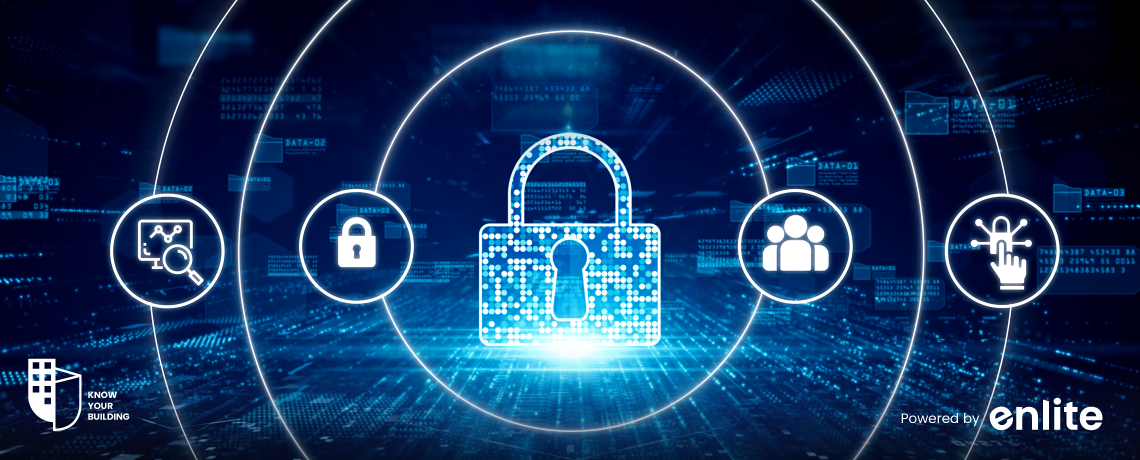Introduction
In today’s digital world, where data breaches and cyberattacks are commonplace, securing your sensitive information is more important than ever. Access management is a critical component of any comprehensive security strategy, ensuring only authorized users can access specific data and resources.
Here’s why access management is crucial for security and how you can implement it effectively, including a closer look at access control systems:
Why Access Management is Crucial
- Enhanced Data Security: Access management restricts access to sensitive information, preventing unauthorized individuals from gaining access and potentially causing harm. This reduces the risk of data breaches, identity theft, and financial loss.
- Improved Compliance: Various regulations, such as HIPAA and GDPR, have strict requirements for data security and user access control. By implementing robust access management, organizations can demonstrate compliance and avoid hefty fines.
- Reduced Human Error: Manual access control processes are prone to human error, leading to unintentional data breaches. Automated access management systems eliminate this risk, ensuring consistent and accurate access controls.
- Increased Productivity: Access management eliminates the need for manual user provisioning and deprovisioning, freeing up IT resources for other tasks. Additionally, users can access the information they need quickly and efficiently.
- Improved User Experience: Modern access management solutions offer single sign-on (SSO) and other features that simplify user access to applications and resources, resulting in a more seamless and positive user experience.
Implementing Effective Access Management:
Several key elements contribute to successful access management implementation:
1. Identity Management: Establish a framework for identifying and authenticating users, including strong password policies, multi-factor authentication (MFA), and identity verification procedures.
2. Resource Access Control: Define user access levels and permissions for different resources, ensuring users only access the data and functionality they need to perform their job.
3. User Provisioning and Deprovisioning: Automate user access based on their roles and responsibilities. This ensures prompt access for new users and immediate deprovisioning upon departure or role changes.
4. Auditing and Monitoring: Regularly monitor user activity and access logs to detect suspicious behavior and identify potential security threats.
5. Security Awareness Training: Educate users about cybersecurity best practices, including strong password hygiene, phishing awareness, and reporting suspicious activity.
Access Control Systems: A Crucial Component
Access control systems are a critical element of an effective access management strategy. These systems manage and control physical access to buildings, rooms, and other restricted areas. By integrating access control systems with your overall access management framework, you can create a layered security approach that protects both your physical and digital assets.
Types of Access Control Systems:
- Keycard and Fob Systems: These systems use electronic keycards or fobs to grant access to authorized users.
- Biometric Systems: These systems use fingerprint, iris, or facial recognition technology to verify user identity.
- Mobile Credentials: Users can access secure areas using their smartphones or other mobile devices.
- Network Access Control: This technology controls access to network resources, such as applications and data.
Benefits of Access Control Systems
- Enhanced Security: Access control systems restrict physical access to authorized individuals, reducing the risk of theft and vandalism.
- Improved Accountability: Systems track user activity, ensuring accountability and making it easier to identify potential security breaches.
- Reduced Operational Costs: Access control systems can help to streamline security operations and reduce the need for human security personnel.
- Enhanced Convenience: Access control systems can provide a more convenient and user-friendly experience for authorized individuals.
Choosing the Right Access Control System
When selecting an access control system, consider your specific needs and requirements. Some factors to keep in mind include:
- Security Requirements: The level of security required for your facility will determine the type of system you need.
- Budget: Access control systems can vary in price, so it is important to consider your budget when making a selection.
- Scalability: Choose a system that can grow with your organization.
- Integration: Ensure the system can integrate with your existing security solutions.














